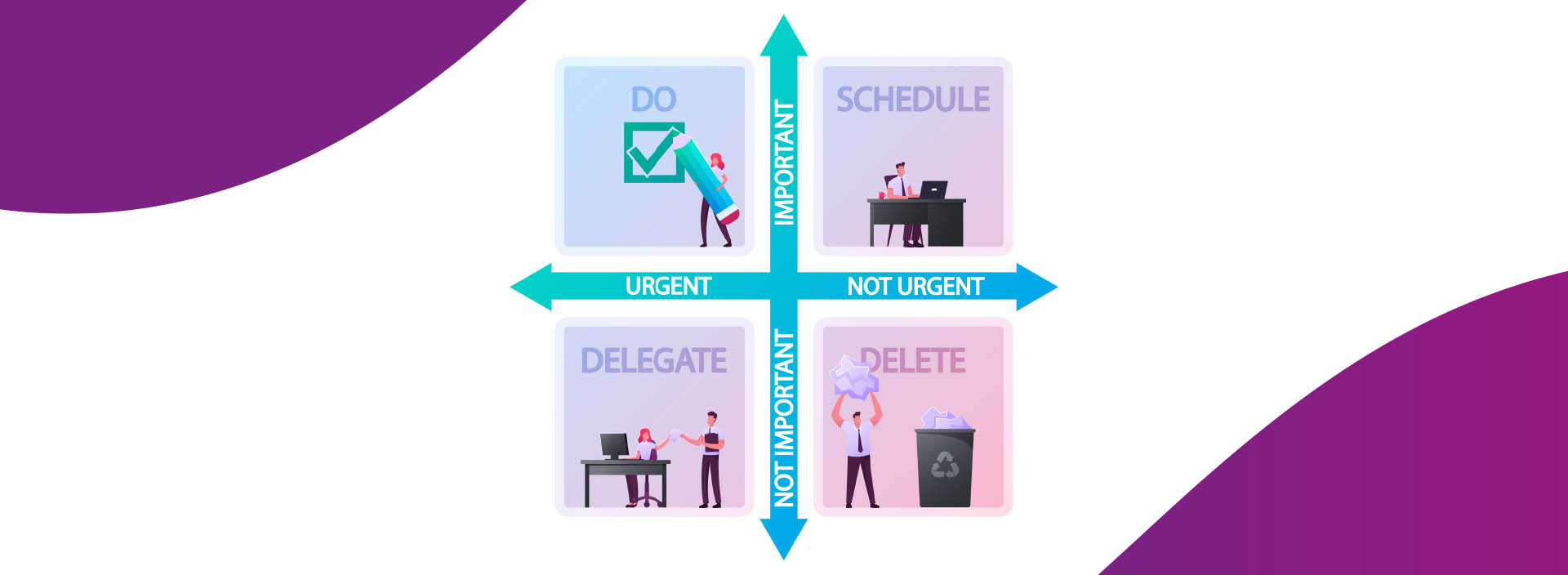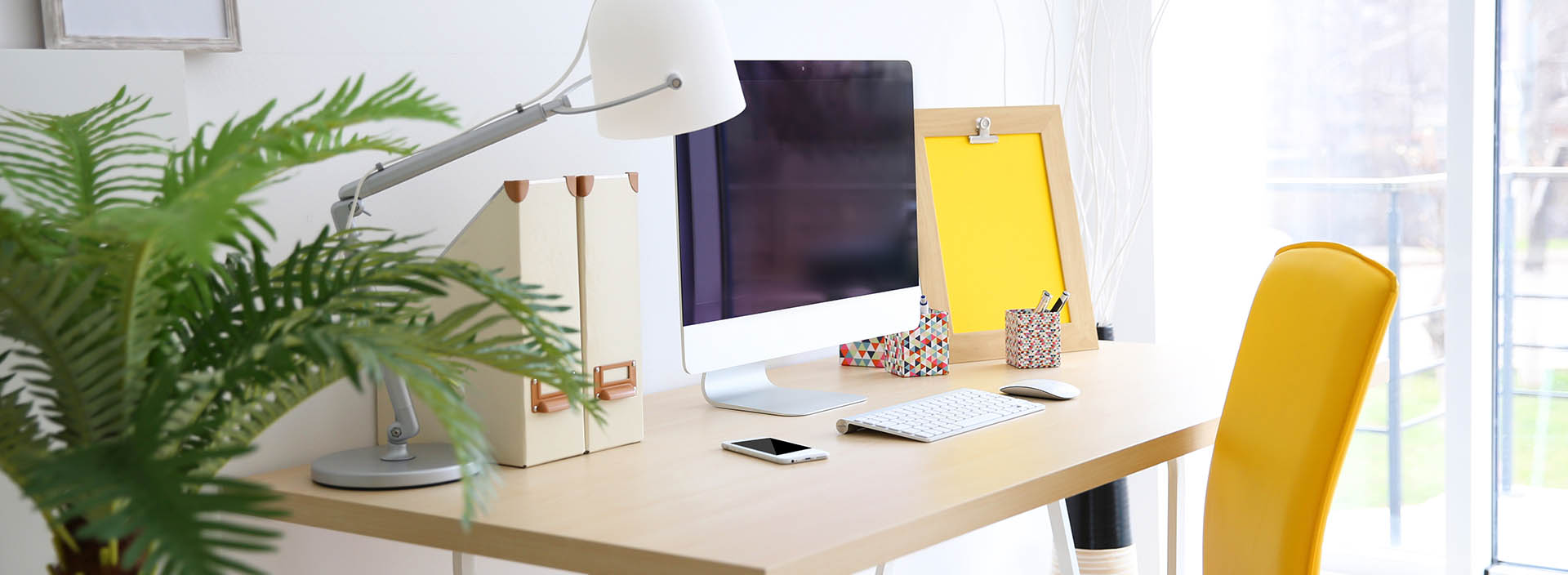The biggest challenge for a productive work routine is maintaining time management strategies, especially now that more people are working from home.
We all have days when we feel less productive in our professional or personal lives. Drawing time management strategies will help us maintain that balance in a healthy way.
We have put together in this article several tips that can help you to maximize efficiency and productivity in your work.
Organize the working day(s)
In order to manage and organize time well, it is essential to develop a plan for the day or week of work. Identify all the tasks you have to do for the following week and schedule them. Nowadays there are several calendar applications that facilitate this process. Just predict how long it will take you to perform each task and create a time slot for them in your schedule. It is important that you always do this management in the previous week so that afterwards it will be easier to fit unexpected tasks that may arise.
Lists
To-do lists can be very useful, but we often end up not respecting them. This has a reason: most of the time, the task lists are too long, too vague, and unclear about what really needs to be done.
For it to work it is important that you simplify the tasks and keep the list short.
The more tasks you have to do, the more time you will spend thinking about everything that still needs to be done, so stay realistic in what is possible to do in the time you have. Small achievements give us more motivation to continue.
Set priorities
One of the best-known time management strategies is to set priorities.
When you are preparing your week or work day, evaluate each task and divide them into 3 groups: urgent tasks, important tasks and non-important tasks.
This will help you to understand which ones you should do earlier and with more time.

One task at a time
Although there is a lot of talk about multitasking, this competence is not always our bestfriend. When we do several tasks at the same time, it is more likely that we will take more time than when we dedicate ourselves to each one isolated. When we do one task at a time, our brain has an easier time concentrating, which will lead us to do it more carefully and quickly.
However, it is common to have more extensive projects that are not possible to do continuously, either because of the special attention they need or because we need validations and/or responses from third parties. In these cases, we advise you to divide these projects into phases and introduce them into your routine taking into account the timing that each phase will need.
Breaks between tasks
It is proven that our brain has a continuous attention span of approximately 90 minutes and after that time it is more susceptible to distractions. It is important that you define your work slots based on that period and that you take short breaks between them. When planning your week, be realistic in the time that each task should take to complete and add 10 minutes to it. So, after finishing your task you will still have 10 minutes for a break before the next one.
Whenever you have tasks that seem to take you longer than 90 minutes, enter a half-time break for the same effect.
Set deadlines
One of the most important time management strategies is to define deadlines Even if it is for yourself.
Sometimes, in the work routine, there are tasks that are neither urgent nor important and do not have a defined deadline, which can lead us to forget them or take much longer than expected to complete them. When you receive a new task, immediately define when you want to have it ready and fit it in your planning in order to meet that deadline.
Clean and organized space
Keep your workspace clean, organized, and free from distractions. Several studies indicate that when we are in a messy environment we tend to lose focus on what we are doing and find excuses to replace work with household tasks.
Before starting your workday, make sure that the whole area is organized, that you have everything you need at hand, and that distractions such as cell phones, tablets, televisions, and other objects that may catch your attention that is not needed are not present or at least not visible.

Personal well-being
Last but not least: personal well-being and health are essential to maintaining productivity. No one can maintain the same level of efficiency if they are exhausted, stressed, negative, sick, or in a bad mood. Prioritizing personal care is very important to combat these feelings: getting enough sleep, eating the necessary meals, exercising, leaving free time for hobbies, activities of personal interest, and even talking and being with people outside the professional environment.
These types of activities will help us to face the challenges of the work routine while maintaining a balance with personal life.
Many companies today seek to share these best practices with their employees, as is the case with Teleperformance Portugal, which has been conducting workshops on time management strategies for its teams, in order to improve their organizational and efficiency skills.
Did you like this article? Check these.
Discover our job opportunities here!


